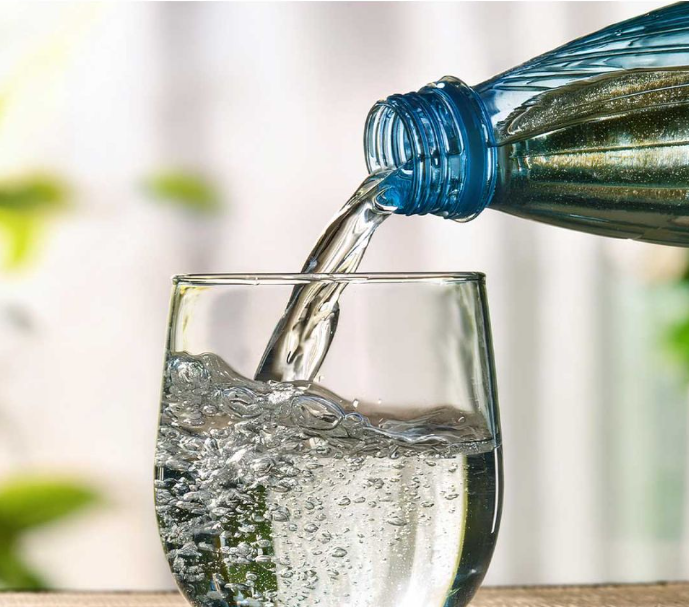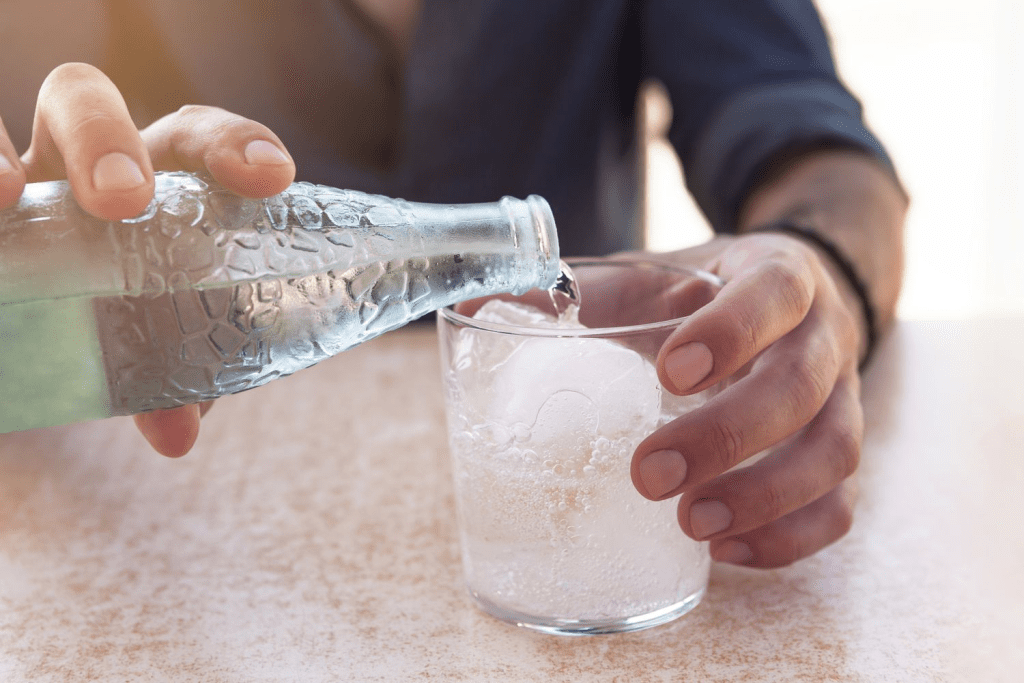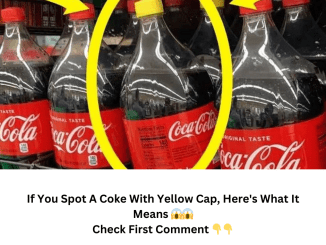Sparkling water, with its refreshing fizz and calorie-free label, has become the go-to alternative for many people looking to cut down on sugary sodas. Whether it’s plain sparkling water or flavored varieties, the bubbly sensation provides a satisfying experience without the guilt of added sugars. But is sparkling water as harmless as it seems? While many people think it’s a perfect replacement for regular water or sodas, there are some hidden health concerns you might not have considered.
What is Sparkling Water? Understanding Its Composition

Before diving into the potential health issues, it’s essential to understand what sparkling water really is. At its core, sparkling water is simply water that has been infused with carbon dioxide under pressure, creating bubbles. There are different types of sparkling water:
- Plain Sparkling Water: Carbonated water with no added ingredients.
- Club Soda: Sparkling water with added minerals such as sodium bicarbonate.
- Tonic Water: Contains added sugars and quinine, giving it a bitter flavor.
- Flavored Sparkling Water: Often contains natural or artificial flavors, sometimes with added sweeteners.
Each variety comes with its own potential health benefits and concerns, so it’s important to know exactly what you’re drinking.
Why People Love Sparkling Water: The Allure of Bubbles
Let’s be real—sparkling water has a certain appeal. The fizz is refreshing, and for many people, it’s a healthier alternative to soda or sugary drinks. It’s calorie-free, has no sugar, and hydrates the body. For those looking to maintain a healthy diet, sparkling water seems like the perfect solution. But, like most things that seem too good to be true, there are a few health risks that don’t always get the spotlight.
Hidden Health Concerns of Sparkling Water
Though sparkling water is better than sugary sodas, some health concerns should not be ignored. From potential issues with dental health to bloating and concerns about acidity, here’s a closer look at the downsides of consuming sparkling water frequently.
1. Dental Health: Beware of Enamel Erosion
One of the primary concerns about sparkling water is its impact on dental health. When carbon dioxide dissolves in water, it forms carbonic acid, which can lower the pH level and make the drink slightly acidic. While sparkling water is not as acidic as soda, the acid in it can still erode tooth enamel over time.
- Enamel Erosion Risk: Frequent exposure to acidic drinks like sparkling water can wear down the enamel, leading to increased sensitivity and a higher risk of cavities. It’s not as bad as soda or citrus juices, but regular consumption might lead to gradual erosion over time.
- How to Reduce the Risk: After enjoying a glass of sparkling water, consider rinsing your mouth with plain water to help neutralize the acid.
2. Digestive Problems: Gas and Bloating
That refreshing fizz might be great for your taste buds, but it can cause problems in your digestive system. Carbon dioxide is released in your stomach when you drink sparkling water, which can lead to bloating and gas.
- Impact on Digestion: For people who suffer from conditions like irritable bowel syndrome (IBS), sparkling water can exacerbate symptoms. The trapped gas in the digestive tract can lead to discomfort, bloating, and even cramping.
- A Tip for Better Digestion: If you’re prone to digestive issues, it may be best to limit your intake of sparkling water and opt for still water instead.
3. Myths About Bone Health: Is Sparkling Water Safe for Your Bones?

There has long been a myth that drinking carbonated beverages, including sparkling water, can leach calcium from your bones, leading to osteoporosis or decreased bone density. However, recent research suggests that plain sparkling water does not have this effect. The confusion likely comes from studies on sugary, caffeinated sodas, which are linked to decreased bone health.
- The Truth: Plain sparkling water doesn’t seem to negatively affect bone health. The real concern comes from sugary and caffeinated soft drinks, not plain carbonated water.
- Bottom Line: If you’re drinking plain or naturally-flavored sparkling water, your bones should be fine. Just avoid sodas with caffeine and sugar.
4. Acidity and Impact on Body Health
Although sparkling water is less acidic than soda, its acidity level can still pose problems for people with acid reflux or other gastrointestinal conditions. The mildly acidic nature of carbonated water can exacerbate symptoms of acid reflux, heartburn, or indigestion in some individuals.
- Acid Reflux Trigger: If you frequently suffer from acid reflux, sparkling water might not be the best option. Its carbonation can make acid reflux symptoms worse by increasing pressure in the stomach.
- To Avoid Issues: Choose varieties that are lower in acidity, or drink sparkling water in moderation to prevent triggering reflux.
5. Artificial Additives: What’s Hiding in Flavored Sparkling Water?

Not all sparkling waters are created equal. Some brands add artificial flavors, sweeteners, and even preservatives to enhance the taste. These additives can come with their own set of health concerns, ranging from allergic reactions to metabolic impacts.
- Hidden Sugars and Sweeteners: Many flavored sparkling waters contain hidden sugars or artificial sweeteners that can spike your blood sugar levels or cause metabolic disruptions. Always check the label for added ingredients.
- Better Alternatives: Opt for plain sparkling water or naturally-flavored options without any added sweeteners.
Can Sparkling Water Hydrate You as Effectively as Still Water?
A question often asked is whether sparkling water hydrates you as effectively as still water. For the most part, yes—it does. However, some studies suggest that the carbonation might make it less effective at hydrating the body compared to flat water.
- Hydration Debate: While sparkling water can help meet your daily hydration needs, it may not be quite as efficient as still water, especially if you’re drinking it to quench intense thirst.
- Better Hydration Tip: If hydration is your primary concern, stick to regular water for optimal results.
How to Safely Enjoy Sparkling Water

The key to enjoying sparkling water without the health risks is moderation. If you love the bubbles, here are some tips to ensure you enjoy it safely:
- Limit your intake to a few servings a week, especially if you have concerns about dental health or digestive issues.
- Choose plain or naturally-flavored varieties without added sugars or artificial ingredients.
- Rinse your mouth with water after drinking to reduce acid exposure on your teeth.
Conclusion: Making Smart Choices About Sparkling Water
Sparkling water is a delightful, fizzy treat and a healthier alternative to sugary drinks. However, it’s not without its potential health concerns. From dental erosion to digestive discomfort and possible artificial additives, it’s important to be mindful of how much you’re consuming and what’s in your drink.
By understanding these concerns and making smart choices, you can continue to enjoy sparkling water in moderation without compromising your health. Stay informed, choose wisely, and enjoy your bubbles responsibly!


